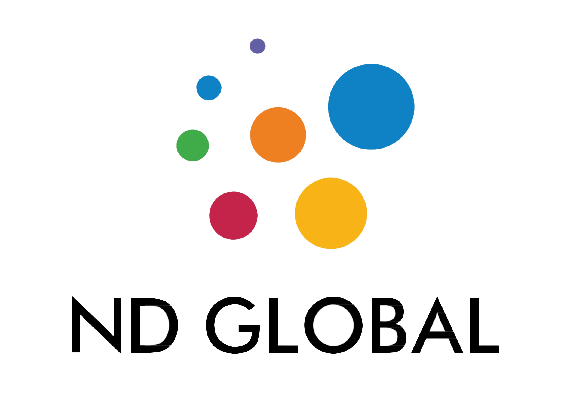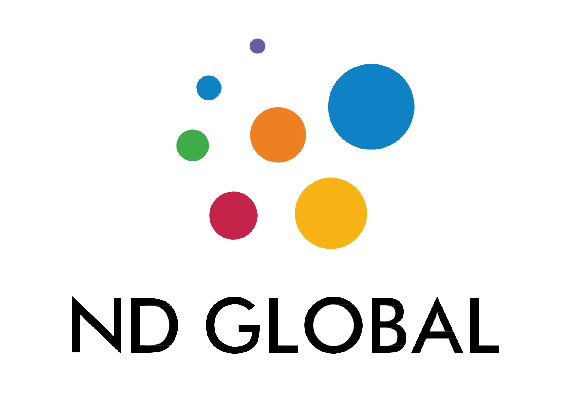Recruitment plays a significant role in the healthcare sector, as the proper patients must receive professional care. Beyond the filling of gaps by qualified personnel is ensuring that such a process is done in an ethical manner with consideration for the rights of the workers in health and wellbeing. Ethical recruitment in healthcare allows health organizations and professionals to prosper under conditions of trust, transparency, and fairness.
What is Ethical Recruitment?
Ethical recruitment can be described as the process of hiring professionals in a manner that respects the rights of the professionals to be recruited, pays them adequately, and informs them transparently about the expectations of the job, conditions of work, and terms of employment. It protects health workers from exploitation, ensures they are correctly equipped for their jobs, and is sustainable and responsible to staff.
Ethical recruitment is much more important in this field, health care, when the occupation requires sensitiveness; it depends so much on the performance of, and the morale of, a medical provider concerning welfare.
Basic Principle of Ethical Recruitment in Health Care
There are basic principles of ethical recruitment. These include fairness and integrity. Some of the most essential ones include:
1. Transparency and Honesty
Transparency is one of the critical components of ethical recruitment. From employers to recruitment agencies, candidates should be made perfectly aware of what job roles and expectations involve; what salary and working conditions entail. Lie and exaggerate job or benefits to the applicant, and you surely have a case of malcontent, turnover rates, and finally, hurt patients because of unmotivated staff.
The recruitment process should also be transparent. Candidates should be informed of the timeline, assessment criteria, and decision-making process. Communication should also be transparent during and post the process. That also forms trust as it helps the candidates understand where they stand and competencies to work on in terms of improvements.
2. Fair Compensation and Benefits
Ethical recruitment also deals with fair compensation. Healthcare professionals, whether local or international, should be compensated based on their competencies, experience, and the cost of living in the place they serve. Unfortunately, this becomes a common phenomenon for healthcare workers who are recruited internationally, since they earn ridiculously low wages or are deprived of the same benefits a local would enjoy.
Third, ethical recruitment agencies ensure that all healthcare professionals are fairly compensated with remunerations that meet the requirements of both law and industry standards. Benefits such as healthcare, retirement plans, paid leave, and professional development opportunities must also be clearly defined and ensured.
3. Protecting Workers’ Rights
The rights of workers have to be respected through healthcare recruitment. It includes ensuring that race, gender, religion, and nationality nondiscriminatory practice are maintained in the process of recruitment. Neither recruitment agencies nor employers must indulge in exploitative practices, like charging high fees for employment or withholding pertinent information that may influence a candidate’s decision.
Respect for the rights of workers entails respect for their autonomy in deciding employment without any form of coercion. Sometimes, there are cases of unethical recruitment; health care personnel are forced to sign contracts that are not fair or are misled as regards what applies to their employment terms. Such practices are done away with in ethical recruitment and ensure voluntary and clear agreements in all dealings.
4. Cultural Sensitivity and Support
International recruitment is common in the health sector, especially in countries that have shortages of locals. Ethical recruitment ensures that the agencies and employers are culturally sensitive, and there should be proper support for health workers going to other countries.
These would constitute cultural sensitivity, meaning understanding the challenges facing foreign health professionals-the language barriers, differences in healthcare practices, and adjustment to new environments. Ethical recruitment agencies support them by providing cultural training, language courses, and settling them into their new location so that health workers are not only technically qualified but also comfortable and confident with their new responsibilities.
5. Professional Development and Career Growth
Ethical recruitment will not just focus on filling a post but will further put more emphasis on long-term career development for healthcare professionals. Agencies as well as employers should provide opportunities for ongoing education and professional growth. This may include: accessing workshops and other trainings, certifications to develop human competencies, and chances for career advancement.
Health care is an evolving field and healthcare professionals should continuously upgrade their professionalism to keep abreast of new medical technologies, treatments, and protocols. Ethical recruitment also supports workers in keeping and developing their skills which leads to healthier patient outcomes and happier employees.
6. Protect from Exploitation and Human Trafficking
Thus, unethical recruiting is a step towards illegal actions in most parts of the world, including human trafficking. Exploitative recruiters may ask enormous fees in order to place a healthcare worker in employment, trap them in debt, or even lie to workers about what they would be facing. Therefore, ethical recruitment has to become a constant fight against this, seeing that all the processes are legal, clear, and focused on the interest of the healthcare worker.
Importance of Ethical Recruitment in Healthcare
Ethical recruitment in the healthcare sector is important for several reasons:
Patient Safety. A proper, ethical recruitment process safeguards the employment of trained, well-paid, and motivated practitioners who provide quality care to patients. On the contrary, unethical recruitment practices may result in job shortages, burnout, and inattentive care, thus putting vulnerable patients at risk.
Health care sectors are marked by high turnover rates. The reasons include poor working conditions, lack of support, and unfair treatment. Ethical recruitment will help retain staff by paying fairly, defining work expectations, and offering opportunities for upward growth in their careers.
Building trust: Health professionals are put in positions of trust with patients who are more vulnerable than them. Ethical recruitment will help build a health care system based on integrity and trust, based on well-prepared professionals who can commit themselves to delivering high-quality care.
– Sustainability: Ethical recruitment forms the backbone of building a sustainable health workforce. Fair and respectful treatment of healthcare professionals builds a stable workforce that would experience less burnout and attrition, thereby supporting long-term sustainability of the health system. .
How ND Global Includes Ethical Recruitment
As a healthcare staffing recruitment agency, ND Global injects ethical recruitment practices into the very conduct of its work. Here is how ND Global ensures their recruitment strategy goes along with ethical standards:
1. Transparent Hiring Process
ND Global ensures that the concerned health care professionals have proper and adequate information about their role, compensation package, and working environment. The agency is transparent in the hiring process and maintains regular feedback with the candidates while providing correct information.
2. Fair Compensation
In ND Global, equitable remuneration and benefits for all recruits are ensured, meaning that they can get a competitive pay and industry standards in addition to what the law requires in terms of pay and benefits for health workers. This also means providing additional relocation benefits to international recruits.
3. Respect for Workers’ Rights
ND Global is of an ideological viewpoint that ensures a respect for the rights of healthcare professionals. Its recruitment processes are free from discrimination, and all contracts are fair and accepted willingly. The agency also respects labor laws and ensures all recruits get dignity and respect.
4. Cultural Sensitivity and Support
Identifying the disadvantage involved in international recruitment, ND Global provides great support systems that include cultural training and relocation assistance, thereby making it easier for health professionals to settle well in their new environments.
5. Career Development Opportunities
ND Global emphasizes professionalization by ensuring that its recruits are continually trained and that career opportunities continue to advance them. In this regard, long-term career growth ensures the motivation and continued effective contribution of healthcare workers.
6. Protection Against Exploitation
ND Global fights exploitation in all its forms. The agency works ethically and avoids exploitative fees, along with statements that might mislead a recruit ND Global is proactive about making sure workers avoid exploitative practices, well within international standards.
Conclusion
Ethical recruitment is the backbone of a trustworthy and sustainable healthcare system. It makes sure to have transparency, appropriate compensation, cultural sensitivity, and professional growth for healthcare professionals. The protection of the former and the betterment of the latter are done in the recruitment process provided by ND Global by covering every stage of this process, thus making a great impact on the given healthcare organizations and professionals employed there.










